Reviving the Regency: 'Bridgerton' and its cultural impact
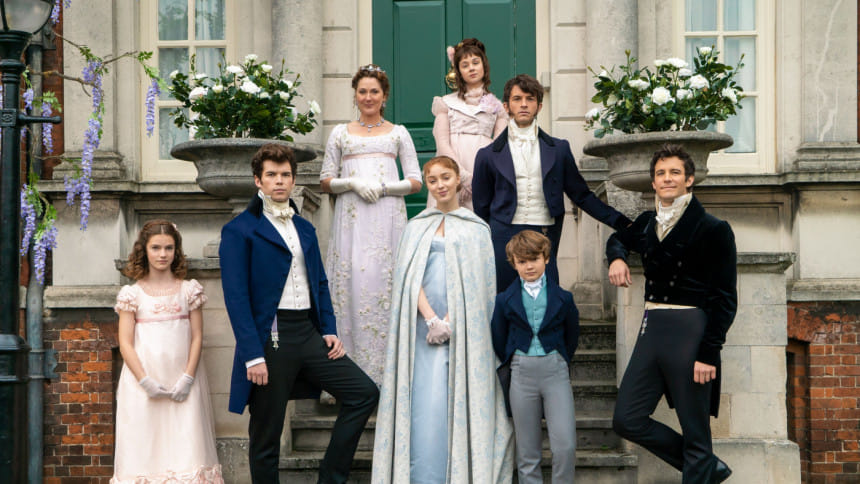
The web content arena has recently witnessed a surge in the popularity of period pieces, transporting audiences to bygone eras filled with opulent costumes, grand estates, and intricate social codes. This trend has been significantly amplified by the recent success of Netflix's "Bridgerton", a lavish reimagining of England during its Regency era. These period dramas offer a form of escapism, allowing viewers to temporarily step away from the complexities of modern life and immerse themselves in a world governed by dissimilarly archaic rules and norms. The luxurious settings, extravagant costumes, and often dramatic storylines provide a visual feast, transporting viewers to a time perceived as simpler, albeit not without its own set of stumbling blocks.
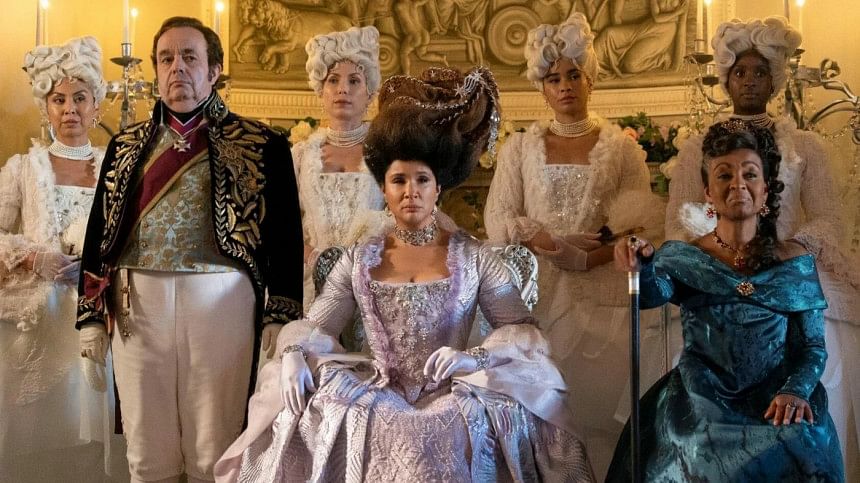
However, the allure of "Bridgerton" goes beyond mere escapism. Unlike traditional period dramas, it injects a dose of modern sensibility into its Regency setting. The show's soundtrack, featuring contemporary pop hits, creates a surprising yet strangely fitting juxtaposition against the backdrop of carriage rides and candlelit dinners. Furthermore, "Bridgerton" utilises a diverse cast, challenging traditional portrayals of British aristocracy and sparking conversations about race and representation in historical narratives.

The show does not shy away from the social complexities of the Regency period. It portrays a society deeply divided by race and class. Queen Charlotte, a powerful Black monarch in a predominantly white court, is a prime example. This challenges viewers' preconceived notions of British history and encourages discussions about historical accuracy and the portrayal of race relations in media. Similarly, the struggles of a character like Marina Thompson highlight the limitations placed upon women during this period. By weaving social commentary into its narrative, "Bridgerton" becomes more than just a period romance.

Ultimately, the success of any TV show hinges on its ability to tell a compelling story with relatable characters. "Bridgerton" excels in this respect. Throughout the series, we are drawn into the passionate love between Daphne Bridgerton and Simon Bassett, the Duke of Hastings. We root for Penelope Featherington's secret identity as the anonymous gossip columnist, Lady Whistledown, to be revealed. Even through the exploration of Anthony Bridgerton's inner turmoils, the characters at their times are seen grappling with universal humane emotions – love, betrayal, ambition, and the pursuit of happiness. These relatable characteristics, combined with the show's fast-paced plot and witty dialogues, keep us on the edge of our seats, eager to see how the next social scandal unfolds.
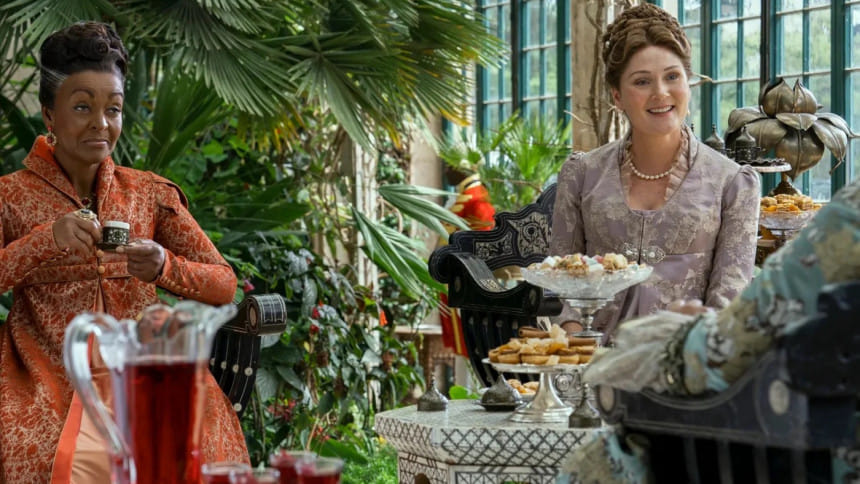
The historical setting, core themes of love, family, friendship, and the pursuit of happiness – all resonate with audiences across generations and cultures. Moreover, it showcases a slower pace of life, with a focus on social gatherings, elaborate courtship rituals, and a heightened sense of community. While the realities of the long-gone era were undoubtedly complex, the show presents a romanticised version that can feel comforting and familiar in a world dominated by digital communication and fast-paced living.
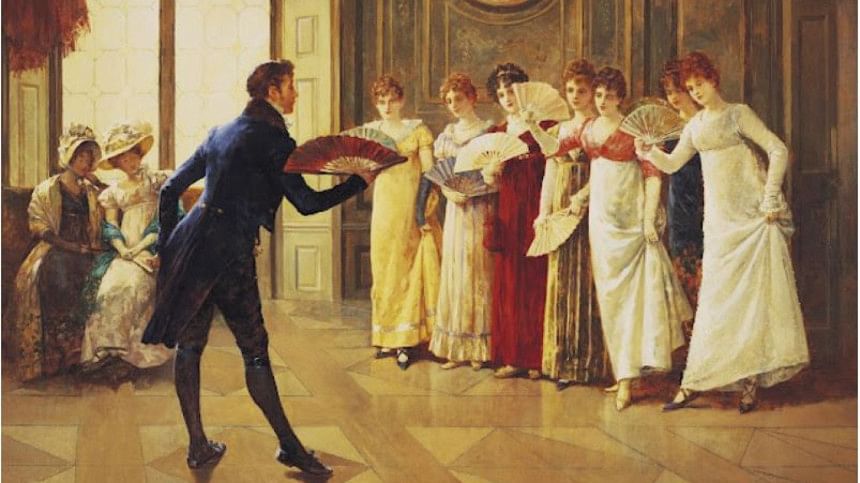
The show's immense popularity has sparked a renewed interest in the Regency era. Online searches for "Regency era fashion" and "Regency etiquette" have skyrocketed. Bookstores report a surge in sales of Julia Quinn's novels, the source material for "Bridgerton". This demonstrates the show's ability to act as a bridge between historical fiction and historical exploration. Viewers are curious to learn more about the realities of life during this era, prompting them to delve deeper into documentaries, historical accounts, and even museum visits.

The phenomenal success of "Bridgerton" highlights the enduring appeal of period dramas. These shows offer escapism intertwined with social commentary, act as gateways to historical exploration, and provide comfort through a romanticised portrayal of the past. More importantly, they tell captivating stories with characters viewers can connect with. As long as these elements remain central to their production, period dramas are likely to continue captivating audiences for years to come.

 For all latest news, follow The Daily Star's Google News channel.
For all latest news, follow The Daily Star's Google News channel. 



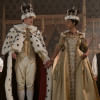


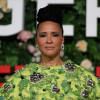


Comments